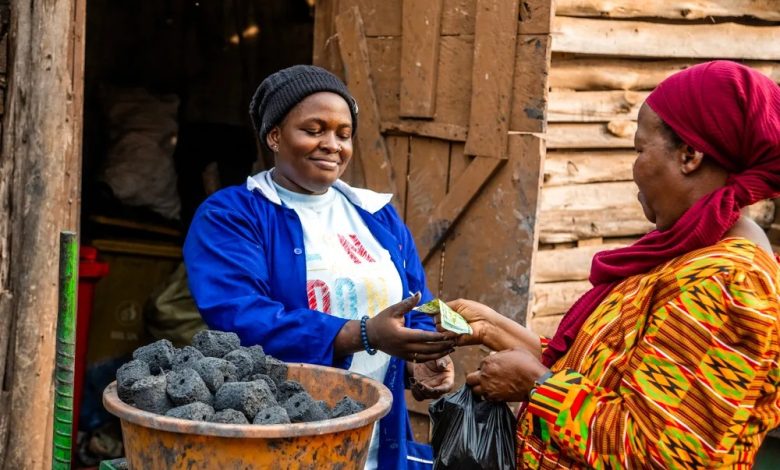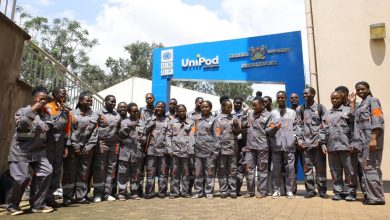
Fatuma Namukasa makes briquettes to conserve the environment
Fatuma Namukasa 20, is a climate change advocate. She is a member of a youth group in Kamwokya, a suburb of Kampala where she lives.
She and other youths are managing waste to save the environment in the city’s dense urban neighborhood through briquette making.
Namukasa and 20 other young people are working to address climate change challenges in Kampala’s dense urban neighborhoods.
She says they are making eco briquettes from waste that is normally littered within their communities. Fatuma explains that the youth group collects garbage from the community and after decomposing it, makes briquettes out of the waste.
“We sort and recycle waste like used banana leaves, and food leftovers and decompose them from which we can make the product,” she explains.
She adds that sorting and recycling waste has enabled the youth to make briquettes.
“Briquettes are eco-friendly and provide an alternative source of energy that reduces dependence on charcoal and ultimately combating deforestation.”
She says more girls have joined the move to save the environment through making briquettes from waste.
Namukasa says her courage to remain focused on briquette-making has attracted other girls to join the group. At first her peers saw this as a skill done by men.
“I stood my ground and continued to do it.” She adds that after seeing the change done in the community, the number of girls that has joined the group has grown.
“Girls no longer feel ashamed to make briquettes, we actually enjoy what we are doing.”
Besides saving the environment, Namukasa and other youths are making a living through briquette making.
“We make about 1200 briquettes per week and sell them to the community,” she says.
On a monthly basis each member saves Shs 160,000 out of sales. This income supports Namukasa, who is currently a student at one of the public universities, to pay for her tuition fees and other personal basic needs like clothes, sanitary pads, health as well taking care of her family.
“Making briquettes has helped us save the environment and to become self-employed. The demand from the community is high plus other places where we distribute the products in restaurants and schools,” she explains.



